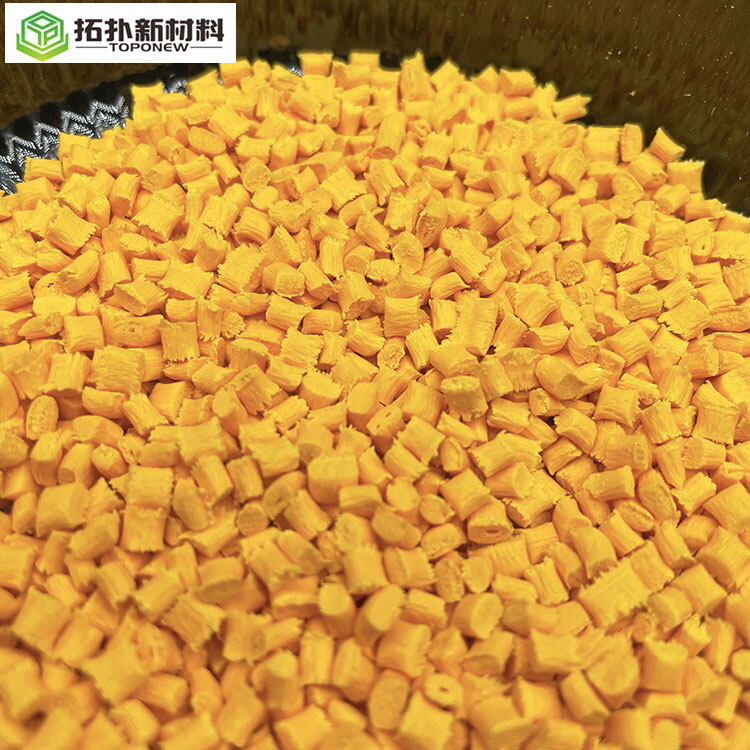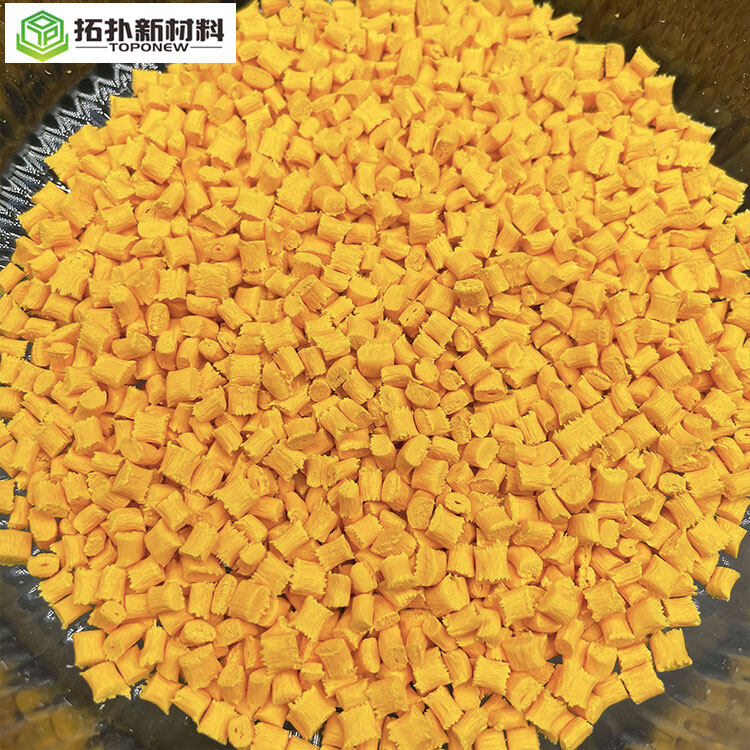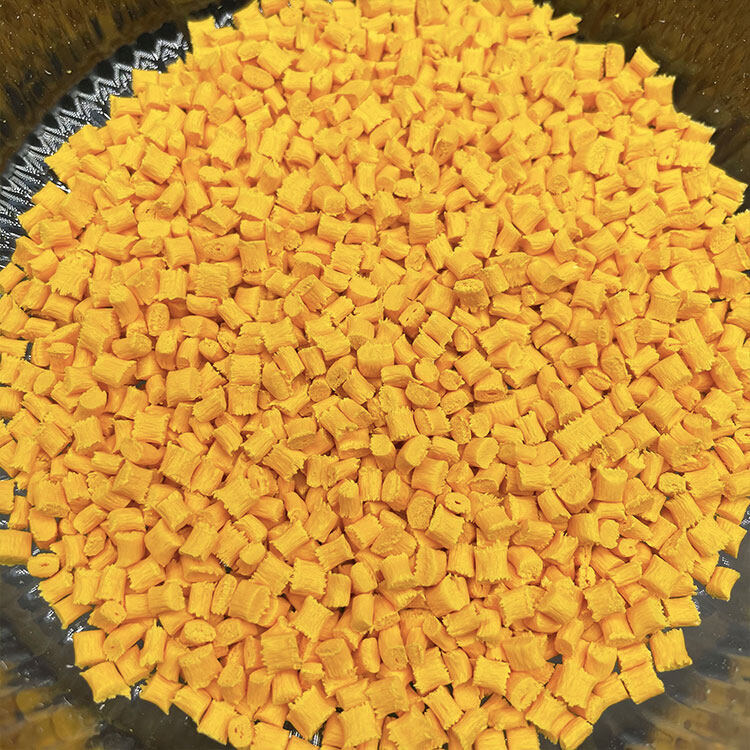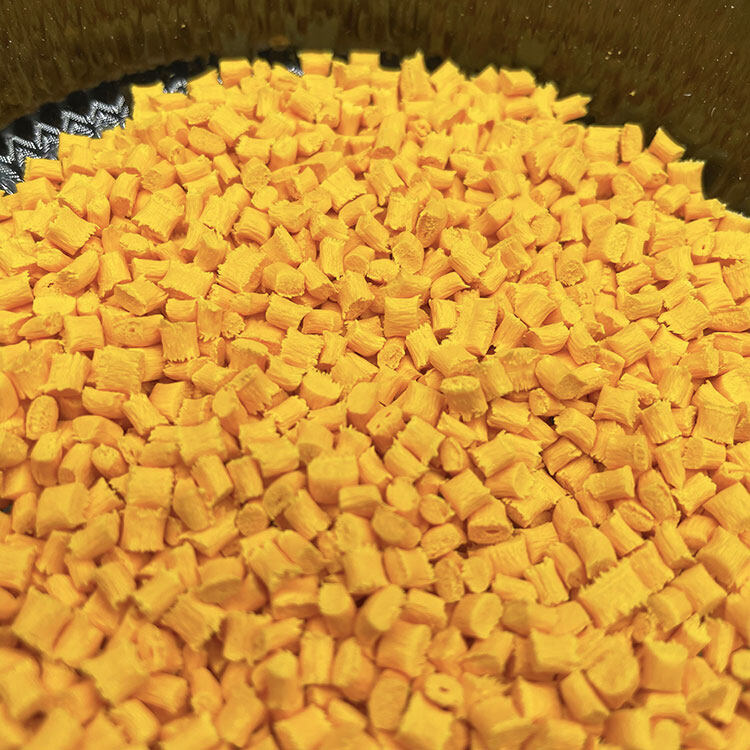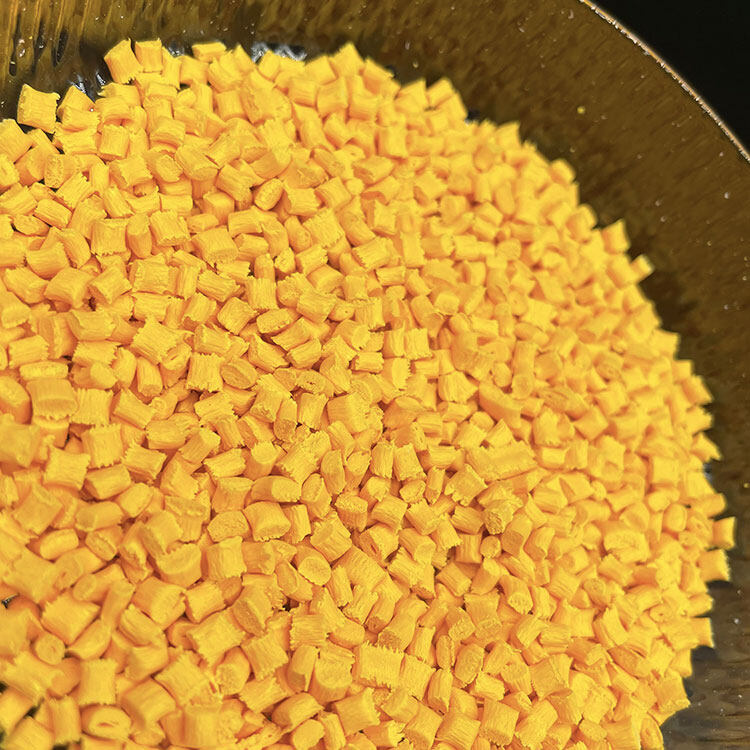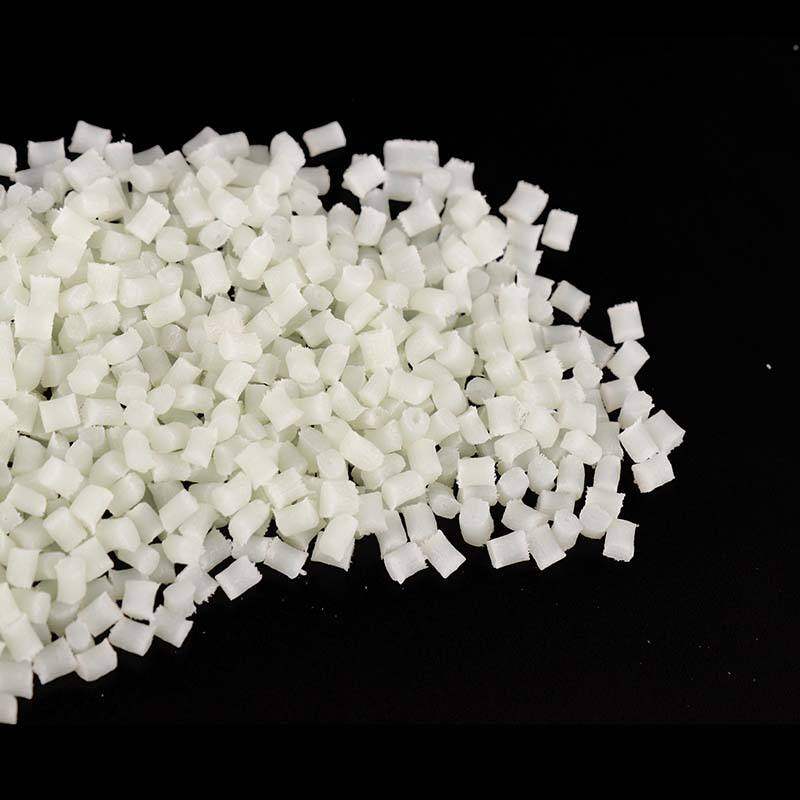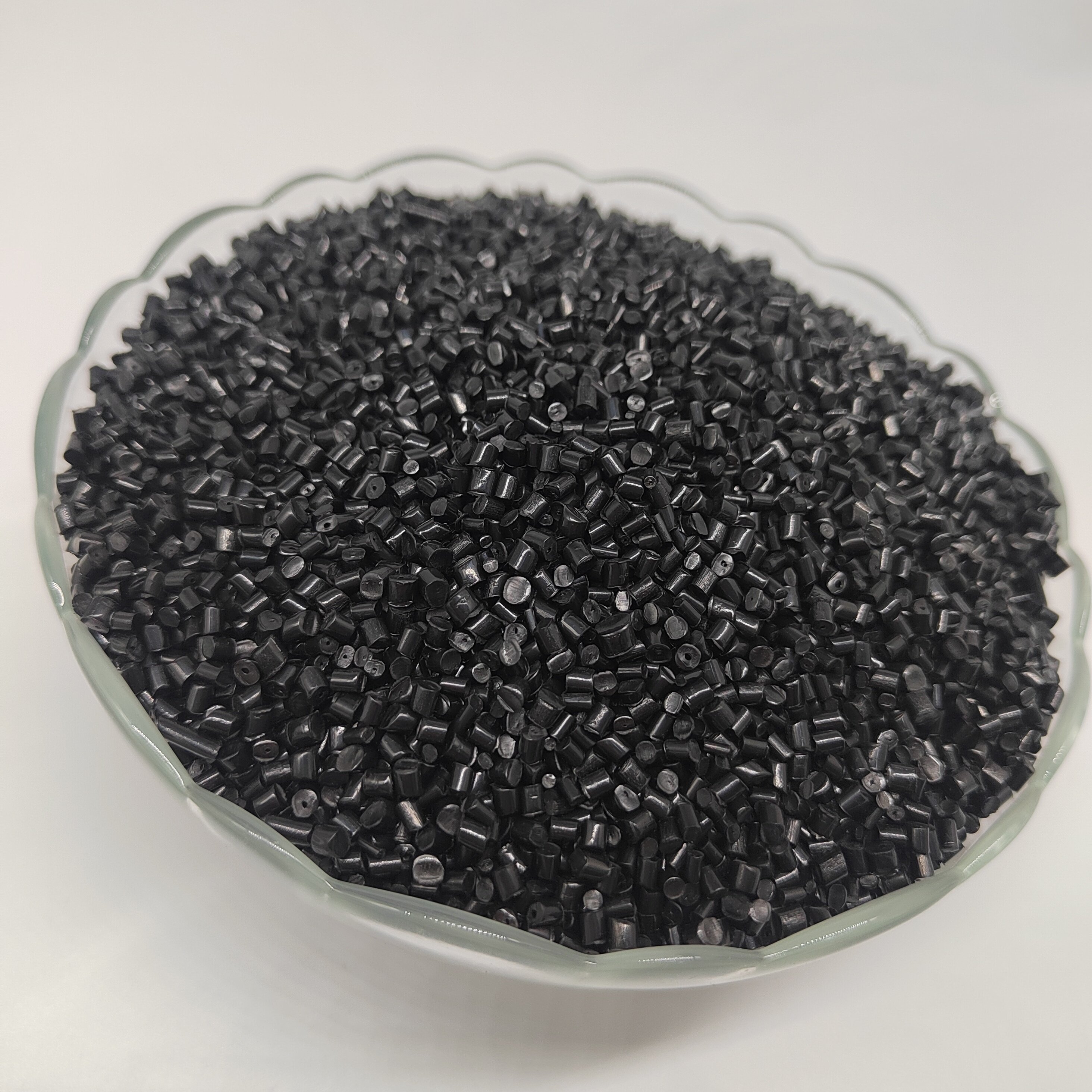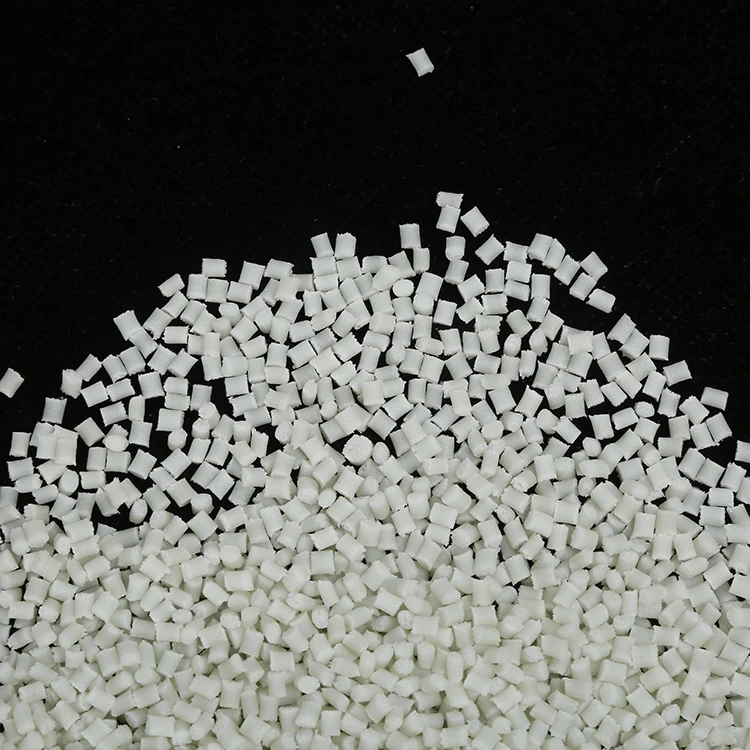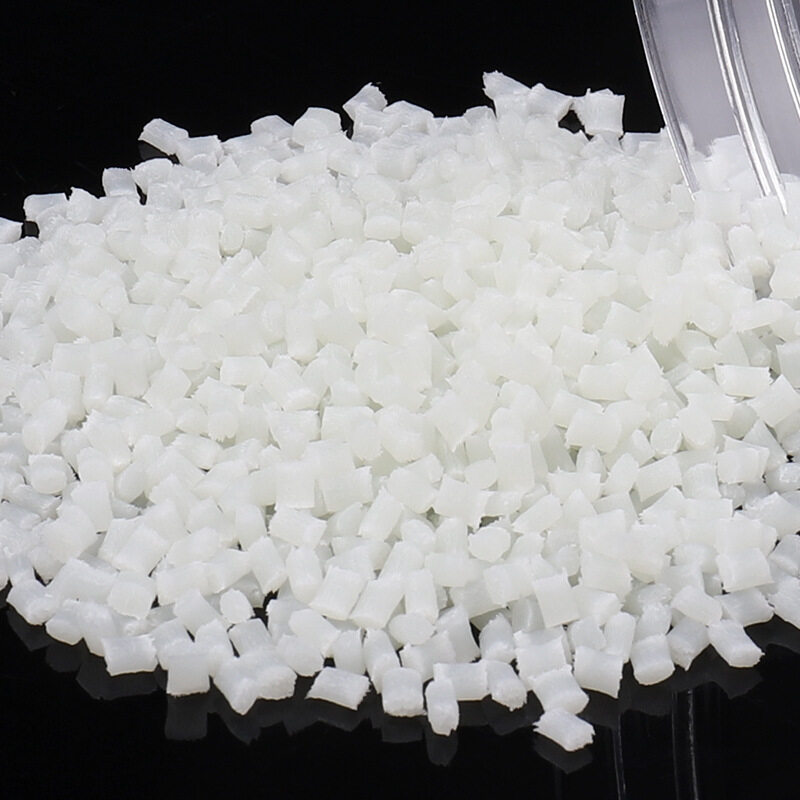Email format error
Email cannot be empty
Email already exists
6-20 characters(letters plus numbers only)
The password is inconsistent
Email format error
Email cannot be empty
Email does not exist
6-20 characters(letters plus numbers only)
The password is inconsistent

PA66 GF20 F0720
Glass Filled: 20%
UL94 HB
(Custom materials available according to your Technical Data Sheet)
- Product Details
-
Download

Customizable Materials Available:
- Color (Customization of plastic pellet color according to your requirements.)
- Flame retardant grade (Let us know which flame retardant level you need: 0.8mm-3.0mm HB, V0, V1, V2, 5VA, 5VB)
- Glass fiber reinforcement material (10%-50% availability)
- Carbon fiber reinforcement material (10%-50% availability)
- UV resistance property (Tell us the application scenarios or UV resistance level of the materials.)
- Other materials can also be customized (Just need to provide your Technical Data Sheet.)
Technical Data Sheet of PA66 GF20 F0720
Thermal Reinforced Nylon PA66 Plastic Resin
| 苏州拓扑新材料有限公司Suzhou Topo New Material Co.,Ltd 产品资料 Product Description 拓扑新材料 名称: PA66GF20 TOPONEW 牌号: F0720 |
||||
| 产品简介 Product Description | 主要应用 Applications | |||
| ·20%玻纤增强尼龙66 20% glass fiber reinforced PA66 | ·注塑成型 Injection molding | |||
| ·优异的耐耐热性能 Excellent heat stability | ·良好的机械性能Good mechanical properties balance | |||
| 性能 Properties |
测试标准 Test Method |
测试条件 Test Condition |
单位 Unit |
典型值 Typical Values |
| 物理性能 Physical properties | ||||
| 密度 Specific Gravity | ISO 1183 | 23℃ | g/cm3 | 1.29 |
| 灰份Ash | ISO 3451 | 800℃,30min | % | 20 |
| 融指 MI | ISO 1133 | g/10min | - | |
| 吸水率 Moisture Absorption (water immersion) |
ISO 62 | % | 0.8 | |
| 机械性能 Mechanical properties | ||||
| 屈服拉伸强度 Tensile Strength at Yield |
ISO 527 | 50mm/min | MPa | 128 |
| 断裂抗拉强度 Tensile Strength at Break |
ISO 527 | 50mm/min | MPa | 128 |
| 断裂伸长率 Elongation at Break | ISO 527 | 50mm/min | % | 3 |
| 拉伸模量 Tensile Modulus | ISO 527 | 1mm/min | MPa | 7500 |
| 弯曲模量 Flexural Modulus | ISO 178 | 2mm/min | MPa | 5300 |
| 简支梁缺口冲击强度 Charpy Notched Impact Strength |
ISO 180A | 23℃ | kJ/㎡ | 8 |
| 简支梁无缺口冲击强度 Charpy Unotched Impact Strength |
ISO 180U | 23℃ | kJ/㎡ | 50 |
| 热性能 Thermal properties | ||||
| 热变形温度 Heat deflection temperature |
ISO 75 | 1.80MPa | ℃ | 240 |
| 维卡软化点 Vicat Softening Temperature B |
ISO 306 | ℃ | 255 | |
| 成型收缩率Mold shrinkage | ASTM D955 | - | % | 0.5-0.9 |
| 熔点 Melting Point | DSC | - | ℃ | 260 |
| 其它性能 Other properties | ||||
| 相比漏电起痕指数 Comparative Tracking Index (CTI) |
IEC60112 | - | V | 500 |
| 阻燃性 Flammability | UL94 | - | - | HB |
PA66 GF20/ PA66 GF30/ PA66 GF35/ PA66 GF40/ PA66 GF50
Introducing PA66 GF20 F0720 – a high-quality polyamide nylon 6 6, reinforced with 20% glass fibers. This innovative material offers exceptional strength and durability, making it ideal for a wide range of applications. With its superior mechanical properties and excellent dimensional stability, PA66 GF20 F0720 is a versatile choice for industries seeking reliable and high-performance solutions.
PA66 (Nylon 66):
PA66, also known as Nylon 66, is a thermoplastic material widely used in various industries due to its exceptional mechanical properties and heat resistance.
PA66 Nylon Properties:
Nylon PA6 6 possesses excellent strength, durability, and dimensional stability. It offers high mechanical and electrical properties, making it suitable for demanding applications.
In terms of fire safety, PA66 GF20 is available in different UL flammability ratings. For instance, PA66 GF20 can meet the UL94HB standard, indicating its self-extinguishing properties. Additionally, some formulations can achieve the higher UL94V-2 rating, which signifies excellent fire resistance.
Nylon PA66 Price:
The price of nylon PA66 may vary depending on factors such as market demand, quantity ordered, and any additional customizations required. For specific pricing information, we recommend contacting our sales team or visiting our website.
At TOPONEW, we specialize in manufacturing high-quality PA66 GF20 pellets that offer excellent properties for your specific needs. Our products undergo rigorous quality control processes to ensure consistency and reliability.
If you have any further questions or require additional details, feel free to ask!
PA66 and Nylon refer to the same type of polymer, specifically Polyamide. PA66 is a specific type of Nylon, known as Nylon 66, which is derived from the polymerization of hexamethylenediamine and adipic acid.
Here are some key points differentiating PA66 (Nylon 66) and Nylon in a broader sense:
-
Composition:
- PA66 (Nylon 66): PA66 specifically refers to the polyamide derived from hexamethylenediamine and adipic acid.
- Nylon (Generic Term): Nylon is a general term that refers to a family of polyamides, including various types such as Nylon 6 (PA6), Nylon 6/6 (PA66), Nylon 11, Nylon 12, etc.
-
Properties:
- Both PA66 and other types of Nylon share common properties such as high strength, toughness, wear resistance, and chemical resistance.
- The specific properties may vary between different types of Nylon based on their chemical composition and structure.
-
Applications:
- PA66 and other Nylon variants find applications in a wide range of industries, including automotive, textiles, aerospace, electronics, and consumer goods.
- Each type of Nylon may be preferred for particular applications based on its specific properties.
In summary, PA66 is a specific type of Nylon within the general family of polyamides. While they share many common characteristics, the distinction lies in their specific chemical composition and properties. It's important to choose the right type of Nylon based on the requirements of the intended application.
Download
-
PA66 GF20 F0720.pdf
Download PA66 GF20 F0720.pdf


